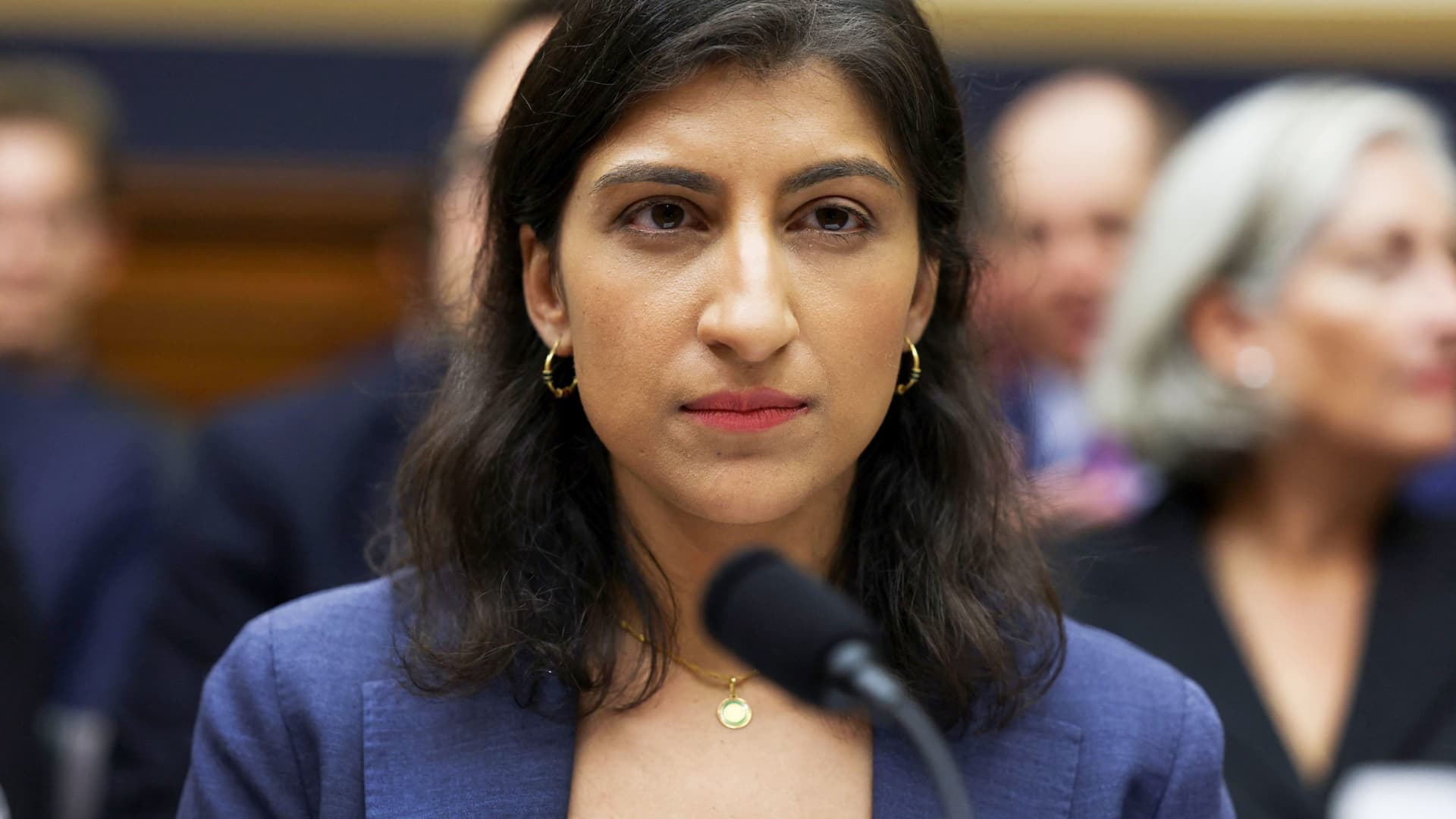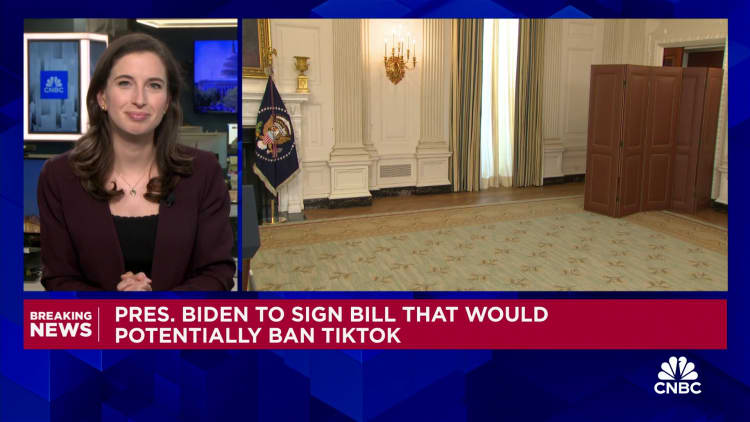Norfolk Southern, the operator of the toxic chemical freight train that derailed in East Palestine, Ohio, nearly a year ago, has agreed to participate in a federal program that allows employees to confidentially report safety problems, the company and federal officials announced announced on Monday.
After the derailment, Transportation Secretary Pete Buttigieg called on Norfolk Southern and the nation’s other major freight railroads to join the program. He urged them to join the program to improve security.
The railroads committed to participating in March, but in the months that followed pushed for changes to the program to address concerns about how it would operate. None of the largest freight rail companies, so-called Class I railroads, had officially agreed to join until Monday’s announcement.
Norfolk Southern’s participation in the program, known as the Confidential Close Call Reporting System (C3RS), will be limited in scope. The railroad will conduct a one-year pilot program covering approximately 1,000 employees in Atlanta; Elkhart, Indiana; and Roanoke, Virginia, which are members of two unions, a small portion of the company’s workforce of about 20,000 people.
“Norfolk Southern has made a good first step, and it is time for the other Class I railroads to walk the talk and make good on their promises to join this shortage reporting system and keep America’s rail network safe,” Buttigieg said in a statement.
Alan H. Shaw, Norfolk Southern’s chief executive, said in a statement that the company “is committed to setting the gold standard for railroad safety, and we are proud to be the first Class I railroad to do so.” If we keep our promise, we will develop and launch a C3RS program together.”
The federal program, modeled on a similar program for pilots and other aviation personnel, allows railroad employees to report safety problems without worrying about possible disciplinary action. But freight railroads expressed concerns that workers could use the program to protect themselves from punishment after making dangerous mistakes.
The Association of American Railroads, an industry group, said Monday that the other major freight railroads remain willing to join the program.
“This commitment remains unchanged,” said Jessica Kahanek, a spokeswoman for the group. She added, “AAR and its member railroads, collectively and individually, have engaged in good faith discussions with administration and railroad workers about strengthening the program.”
Source link
2024-01-30 00:03:12
www.nytimes.com







